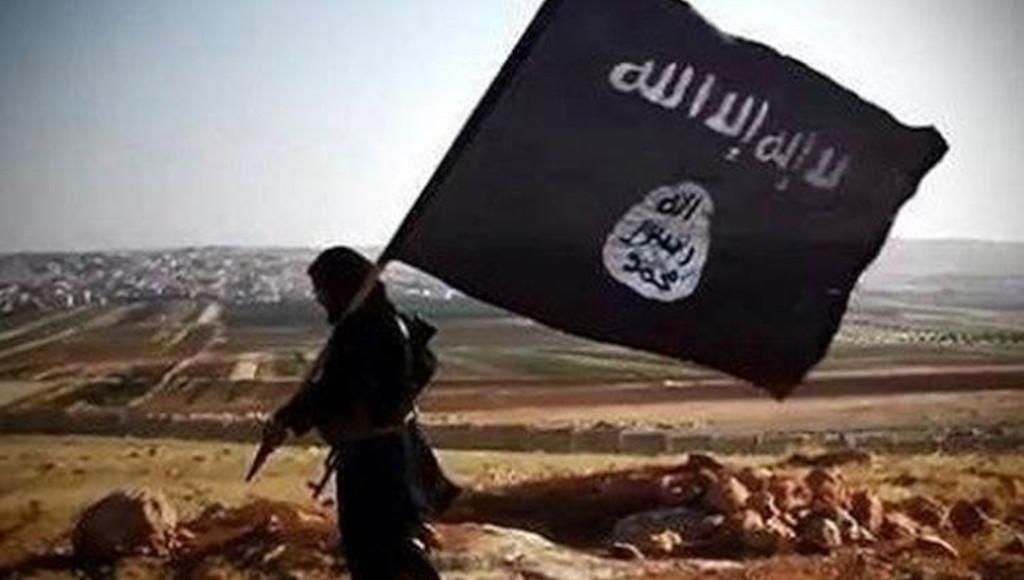Militants of the Islamic State in Iraq and the Levant (ISIL) allegedly planned the assassination of a provincial chairman of Turkish President Recep Tayyip Erdoğan’s Justice and Development Party (AKP), according to a special report by the Artı Gerçek news website, citing official documents.
The plot was discovered during counterterrorism operations in October in the southern cities of Adana, Diyarbakır and İskenderun as well as the capital city of Ankara, where Turkish authorities seized weapons, ammunition and other materials, including police and military uniforms, presumably to be used as disguises in future attacks. Turkish authorities claim that the militants intended to use the suppressor-equipped firearms specifically in an attack on a provincial chairman of the AKP, whose name was not mentioned in the Artı Gerçek report due to safety concerns, who has since been provided a security detail by authorities.
The October operations targeted ISIL-linked individuals affiliated with the Morality and Sunnah magazine — whose name refers to the body of traditions and practices of the Islamic Prophet — which authorities allege has been involved in recruitment, weapons procurement and facilitating militant activities both in Turkey and abroad. Items confiscated during the raids reportedly included firearms, suppressors, explosives and propaganda materials.
The allegations, which have yet to result in charges against the suspects, remain part of an ongoing investigation into ISIL activities in Turkey.
Recent years have seen a resurgence of ISIL-related operations and arrests in Turkey. In 2024 alone Turkish authorities conducted 1,399 counterterrorism operations targeting ISIL, detaining hundreds of suspects, according to official data. Authorities say they uncovered significant caches of weapons, explosives and organizational materials in these operations.
Turkey has faced sporadic ISIL-linked attacks in recent years after a shift in ISIL’s rhetoric in 2019 to label its organization in Turkey as a distinct “province” in its narrative. Experts suggest this change signals a strategic effort by ISIL to establish its presence in the country, which it views as critical for facilitating operations in Syria and Iraq. While ISIL’s overall capacity has diminished globally since losing its territorial “caliphate” in 2019, analysts warn that its remaining networks may still pose a significant threat.

